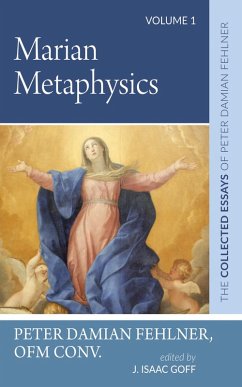Metaphysics Aristotle - Metaphysics is one of the principal works of Aristotle and the first major work of the branch of philosophy with the same name. Considered to be one of the greatest philosophical works, the book asks three questions: What is existence? How can things continue to exist, and yet undergo the change we see about us in the natural world? And how can this world be understood? It had a major influence on the Greeks, the Muslim philosophers, and the scholastic philosophers.
Dieser Download kann aus rechtlichen Gründen nur mit Rechnungsadresse in A, B, BG, CY, CZ, D, DK, EW, E, FIN, F, GR, H, IRL, I, LT, L, LR, M, NL, PL, P, R, S, SLO, SK ausgeliefert werden.









